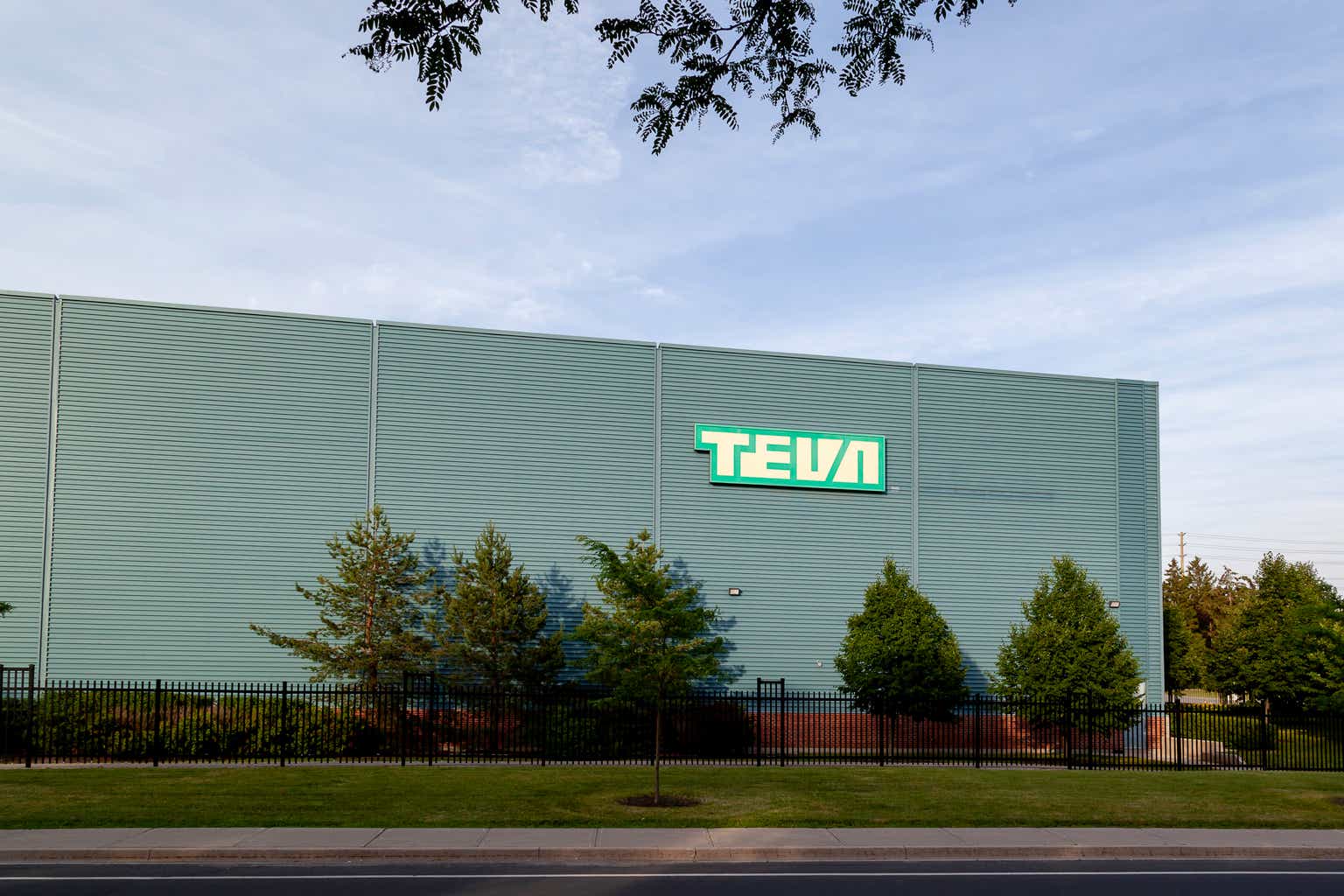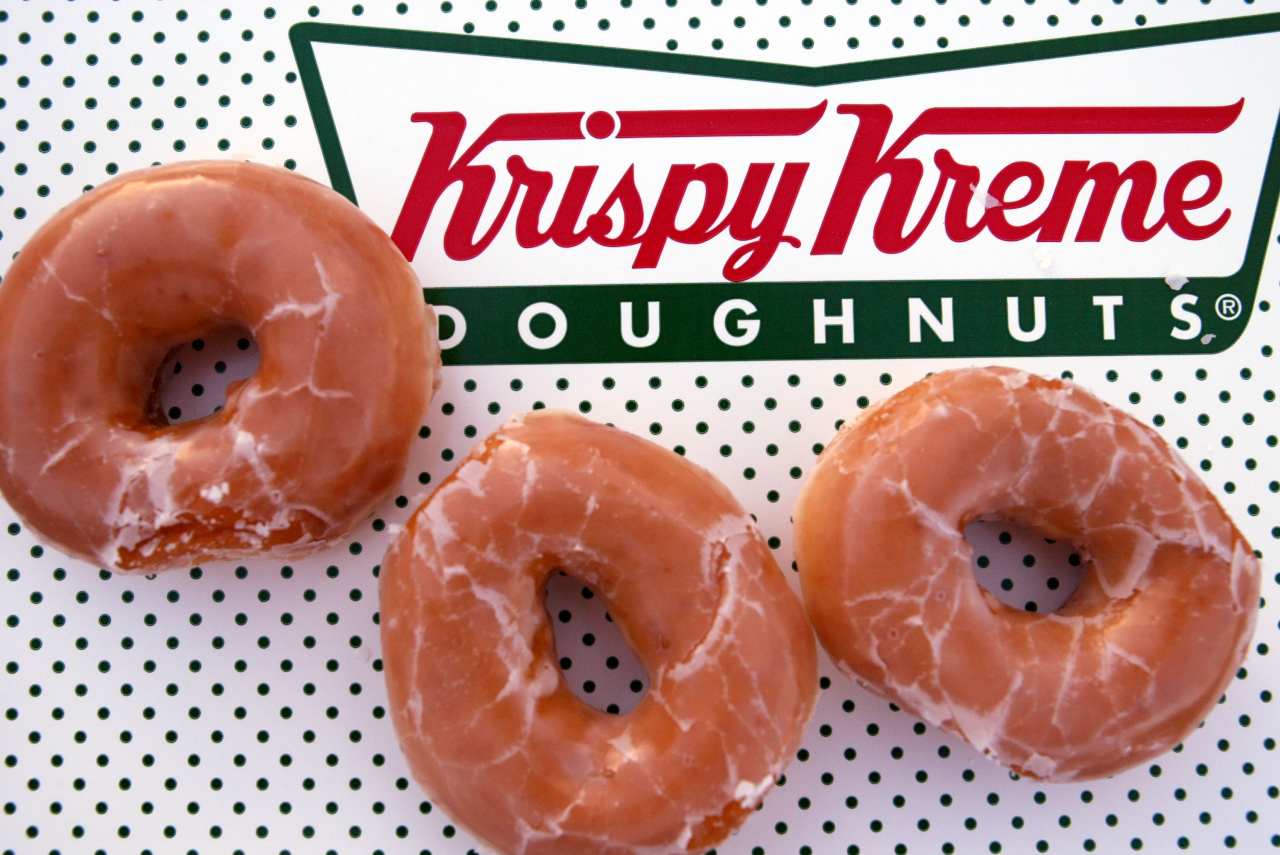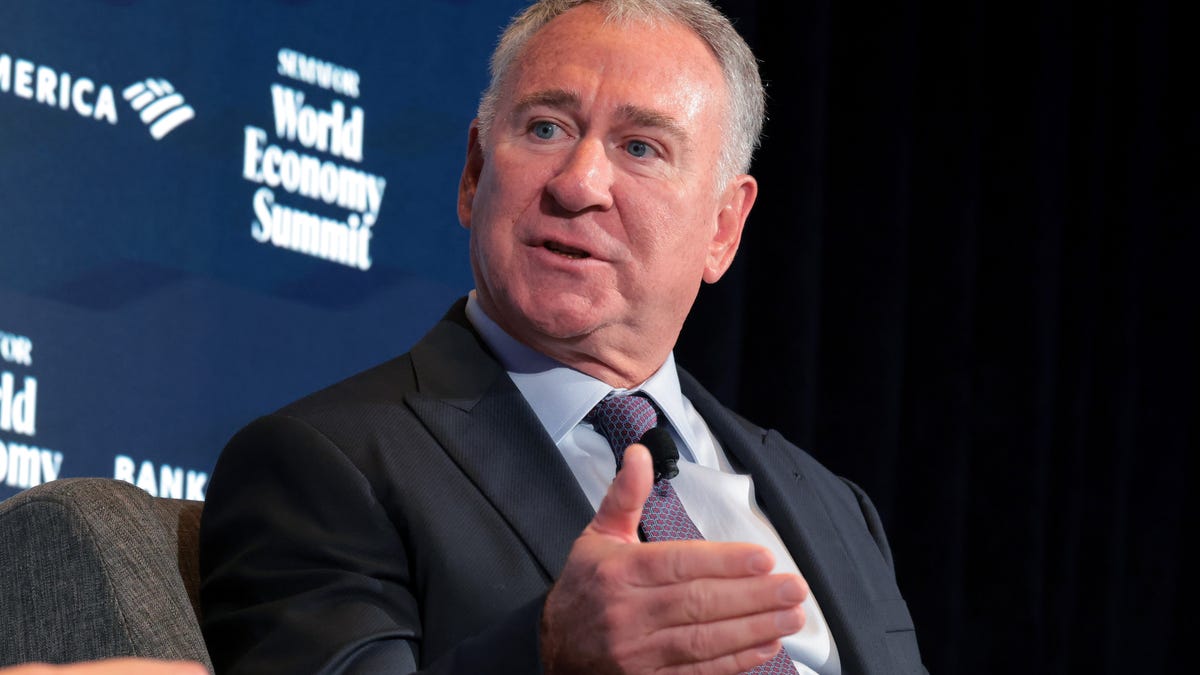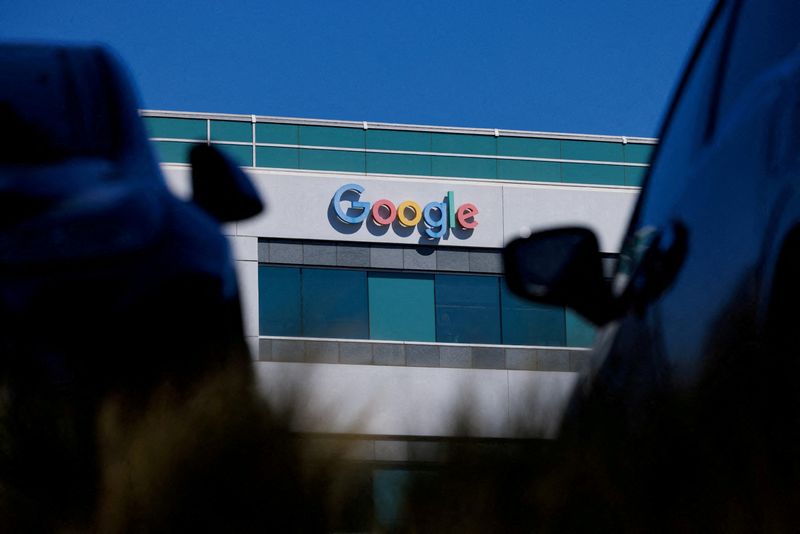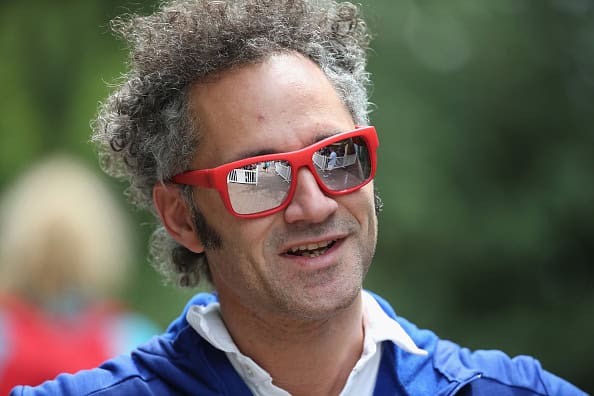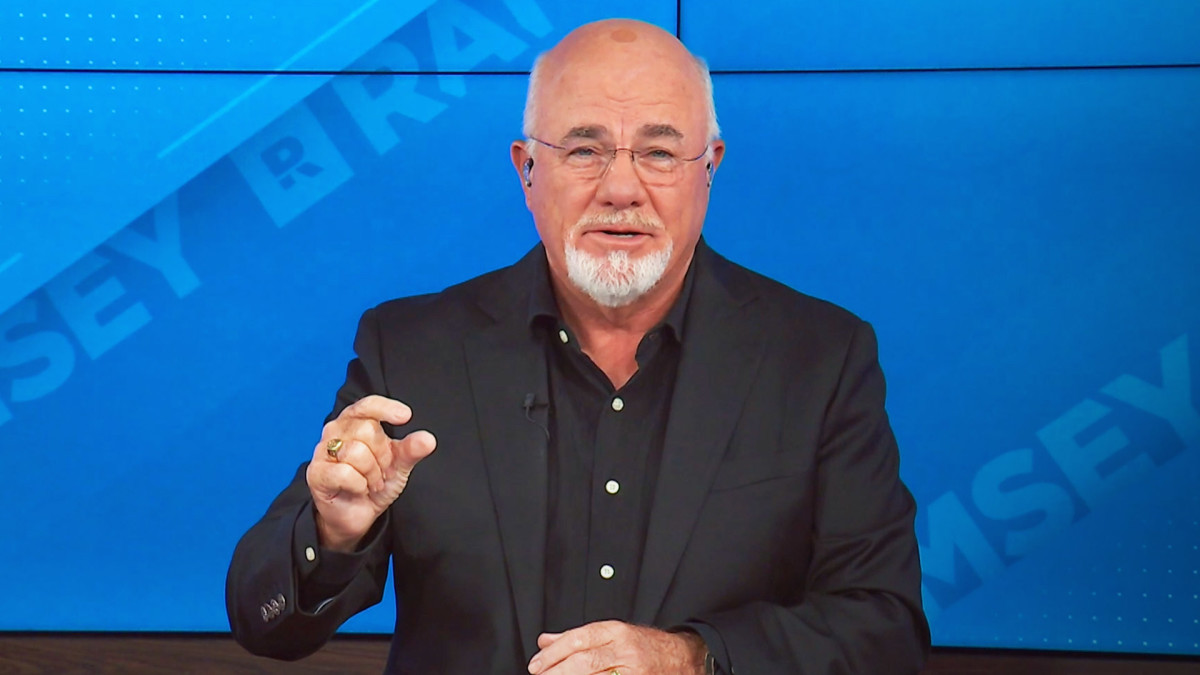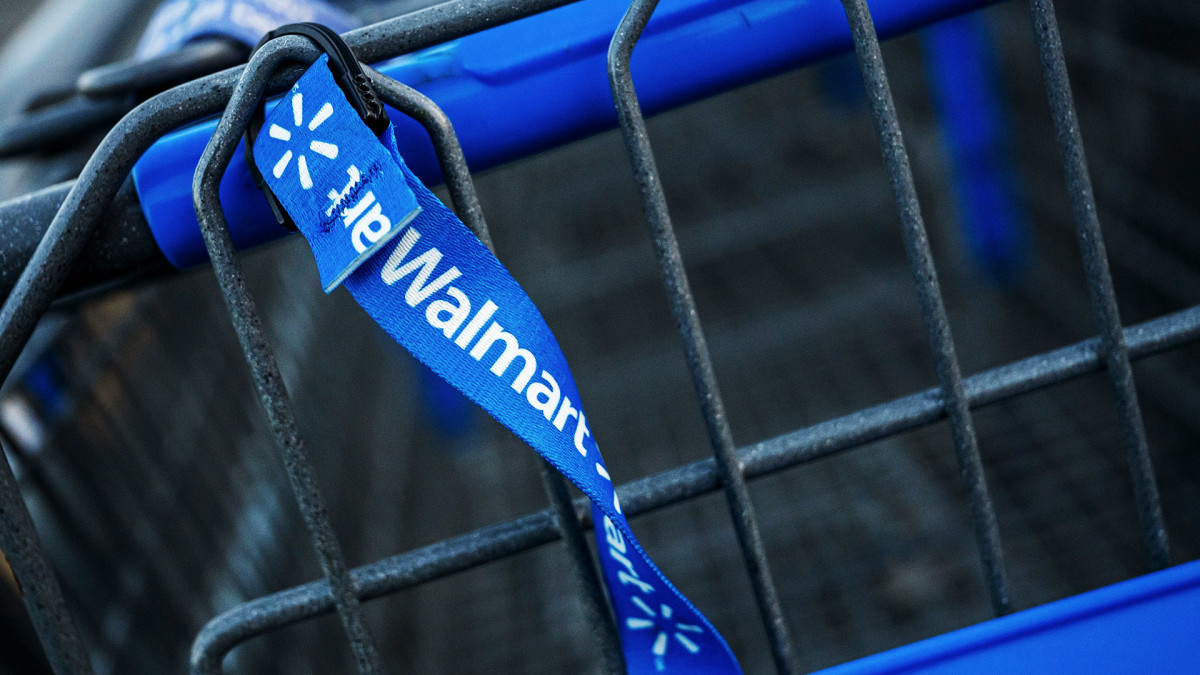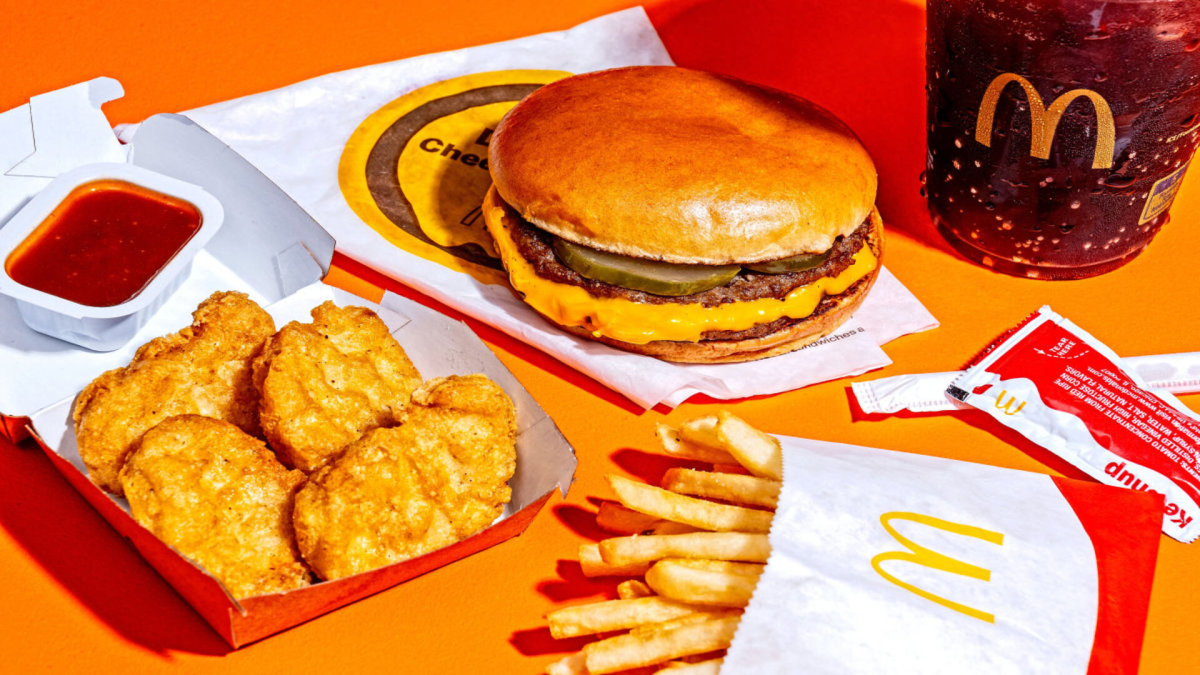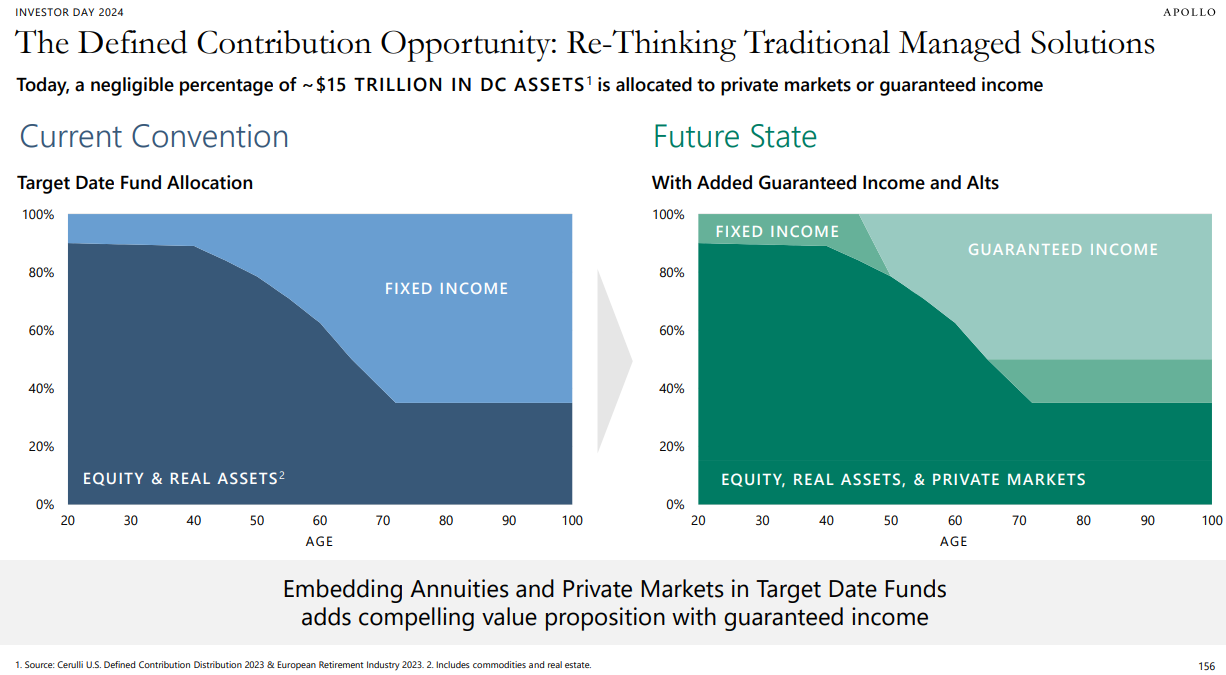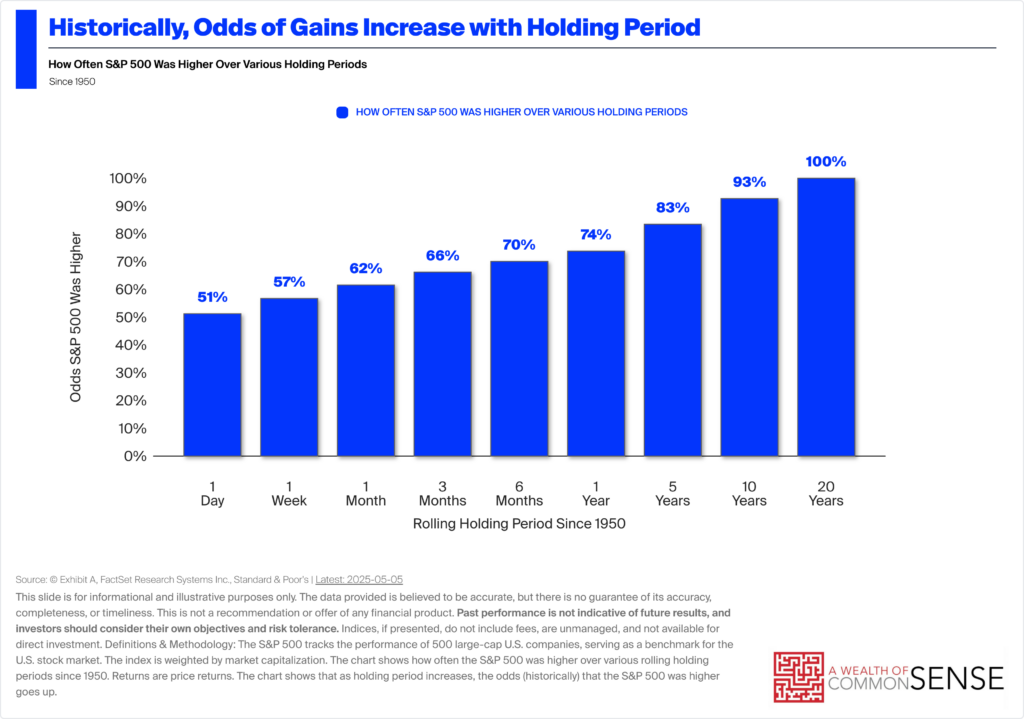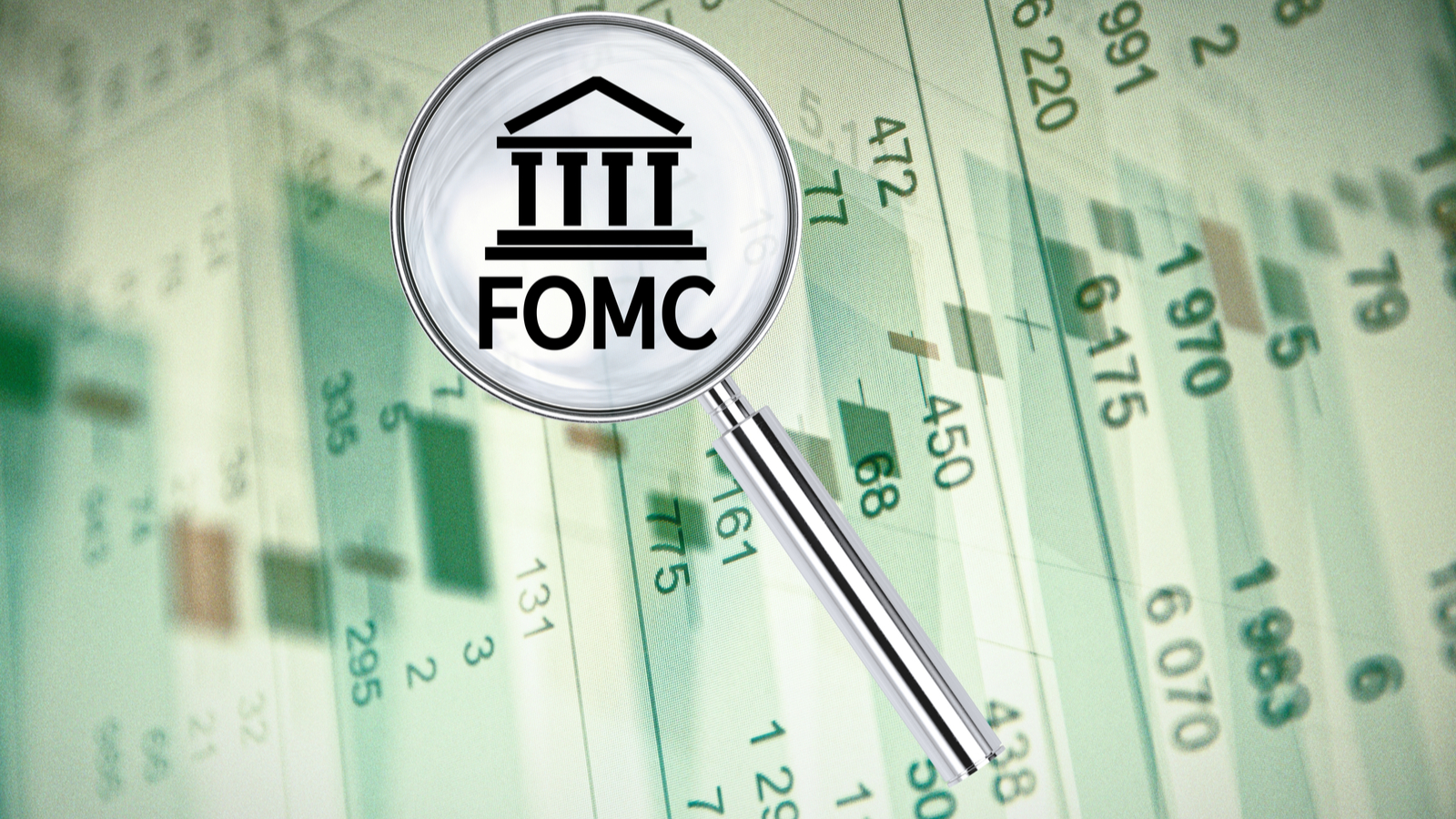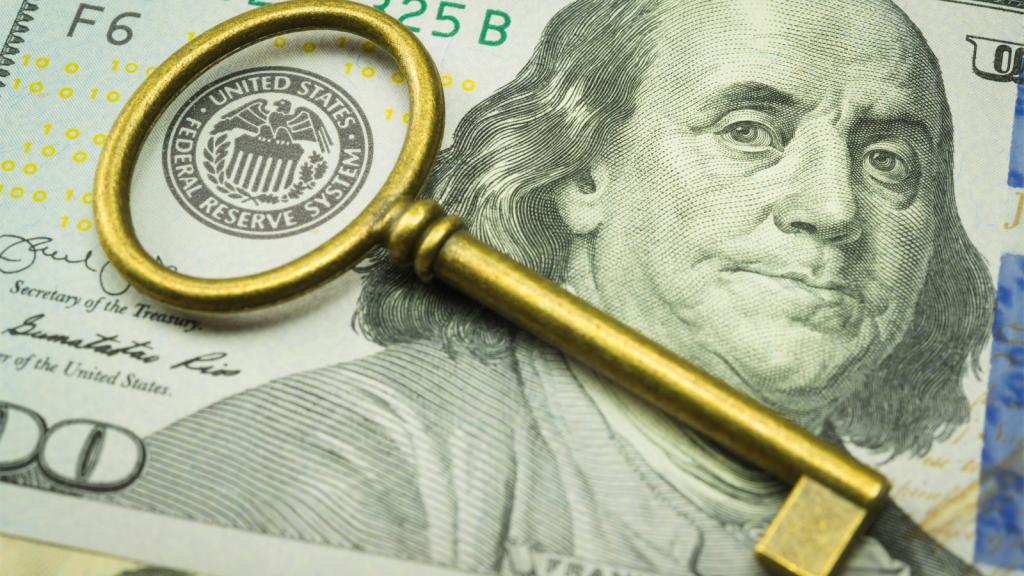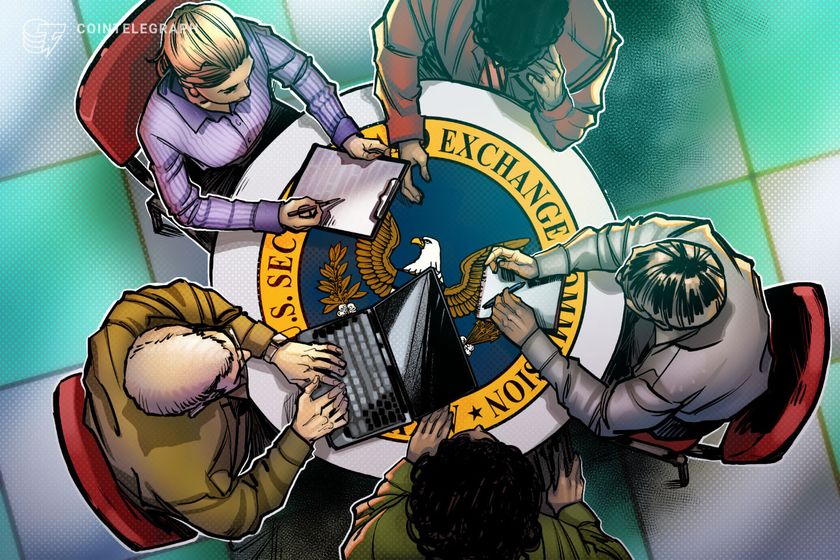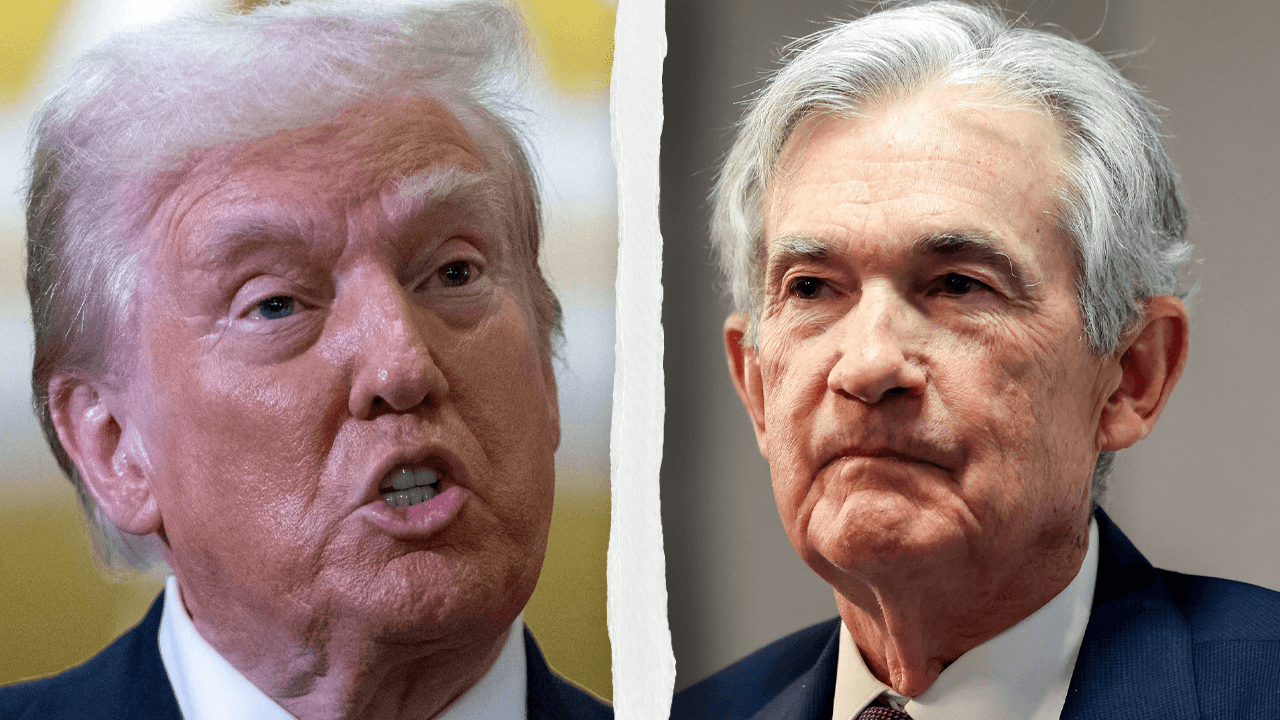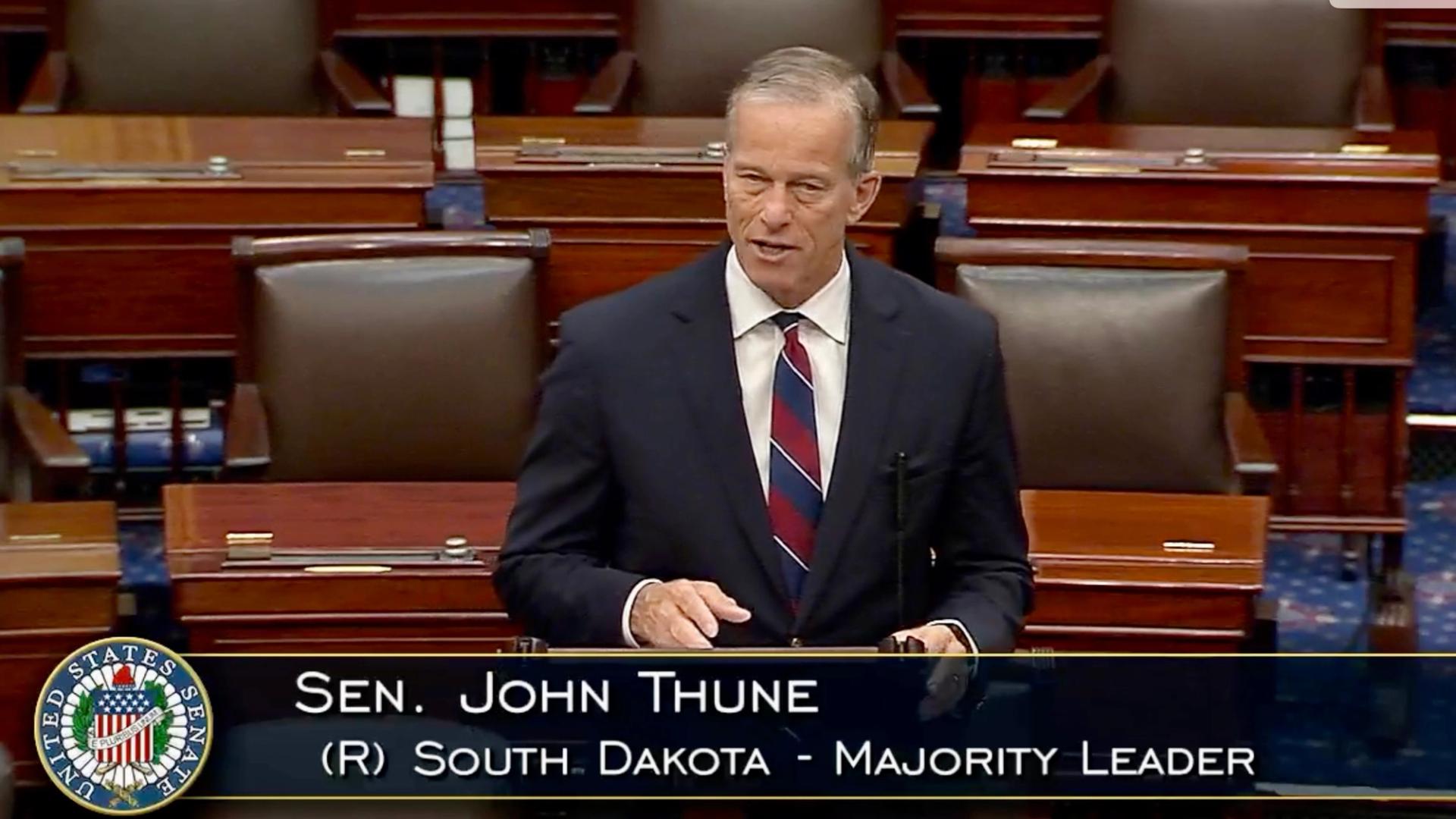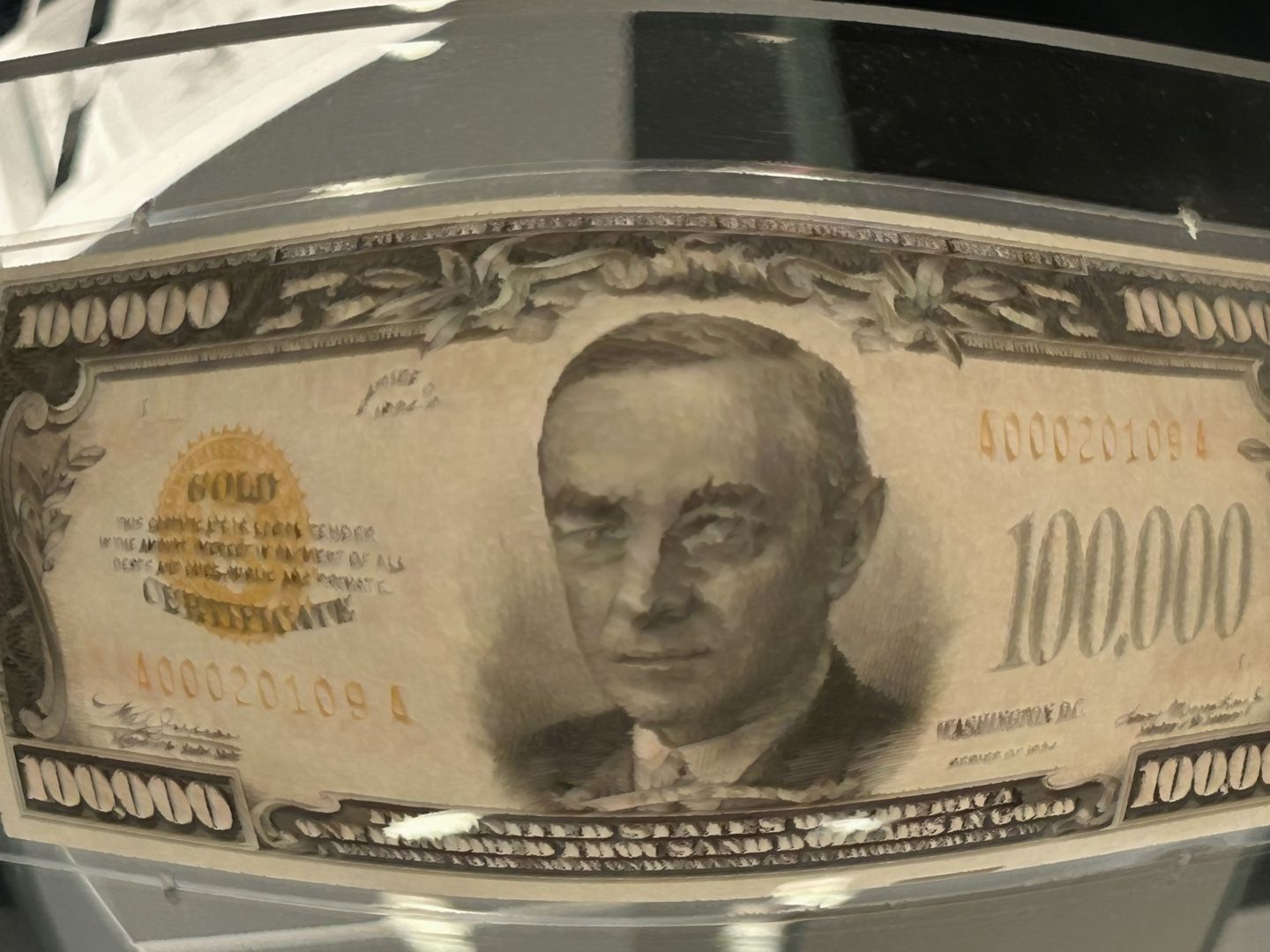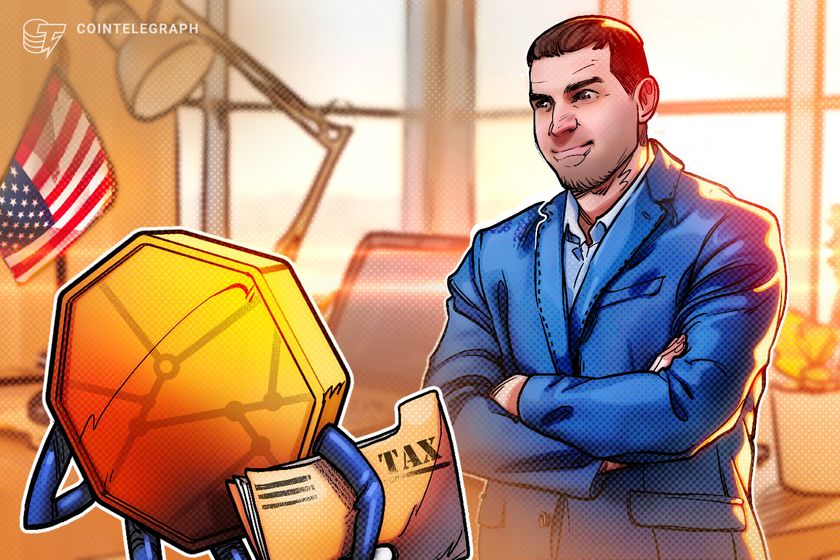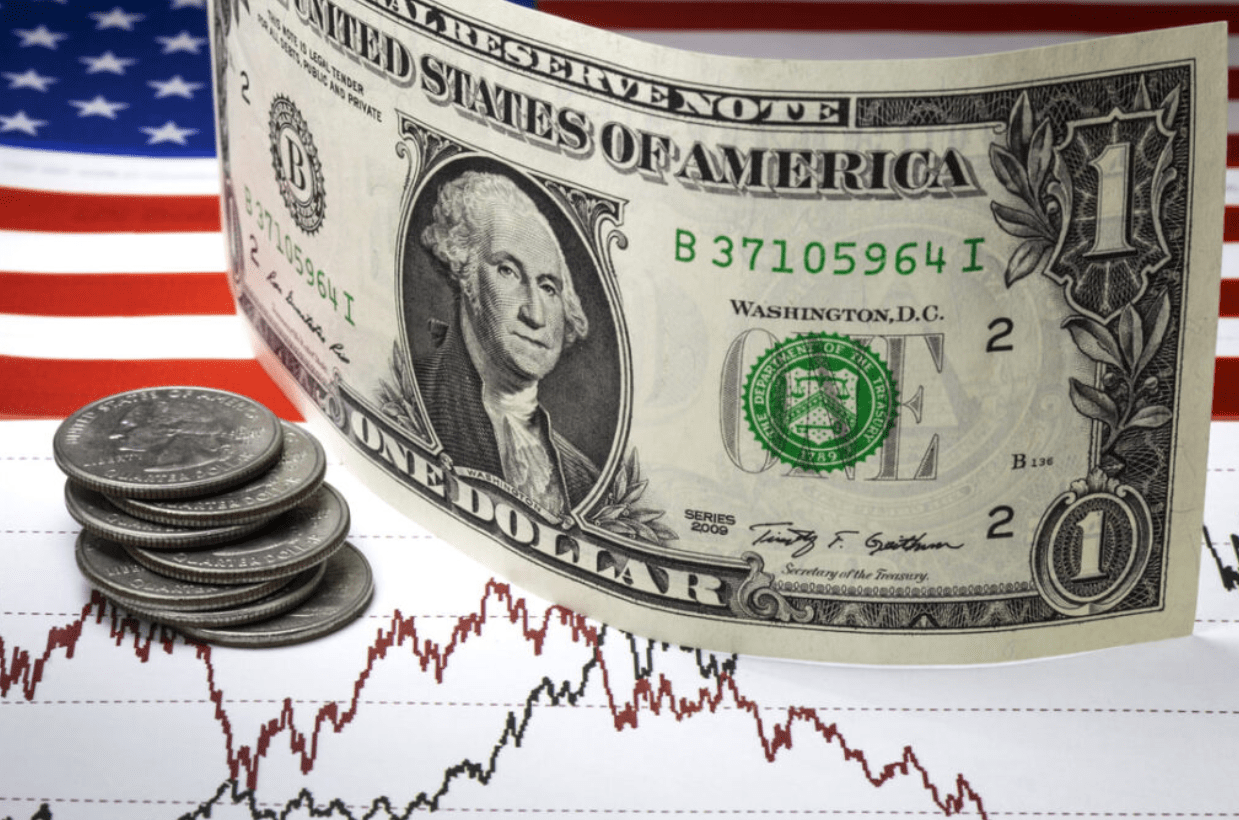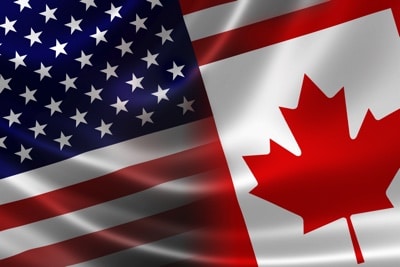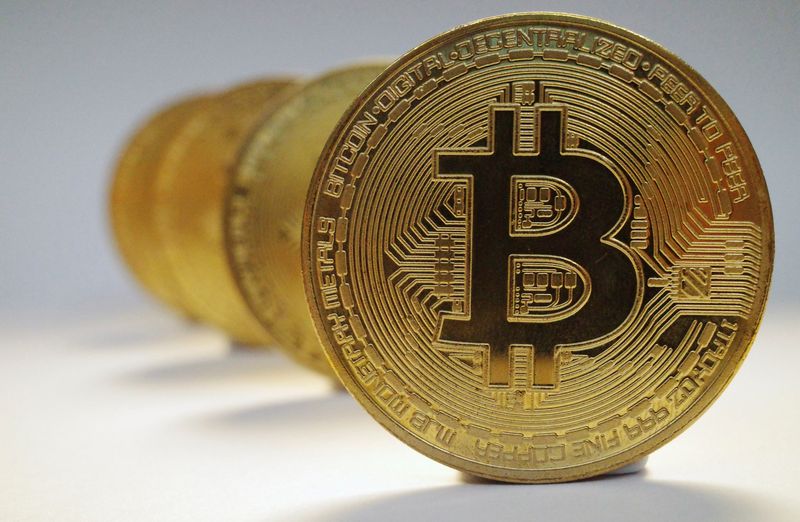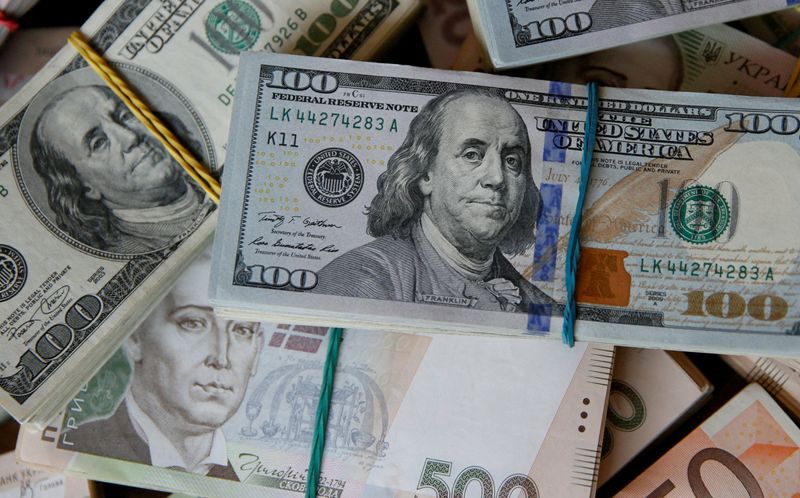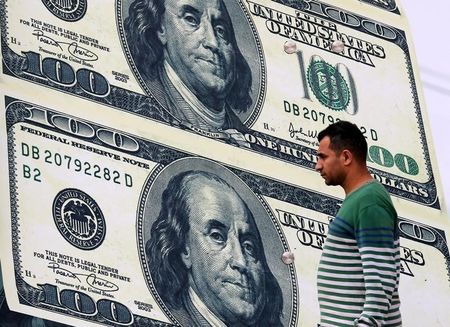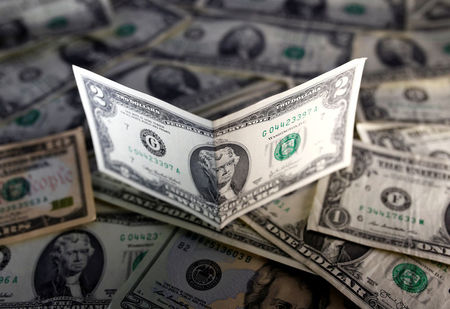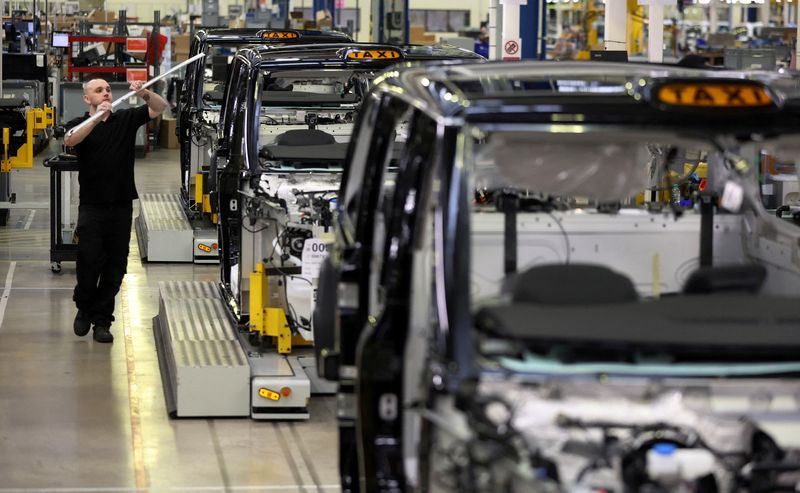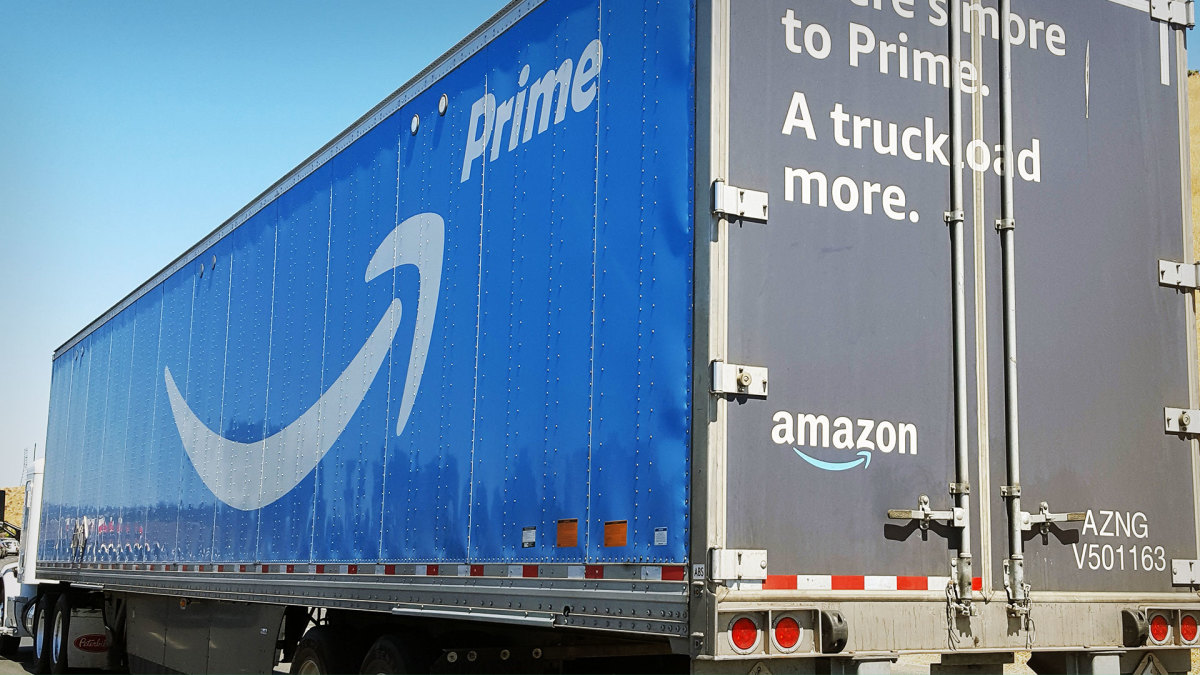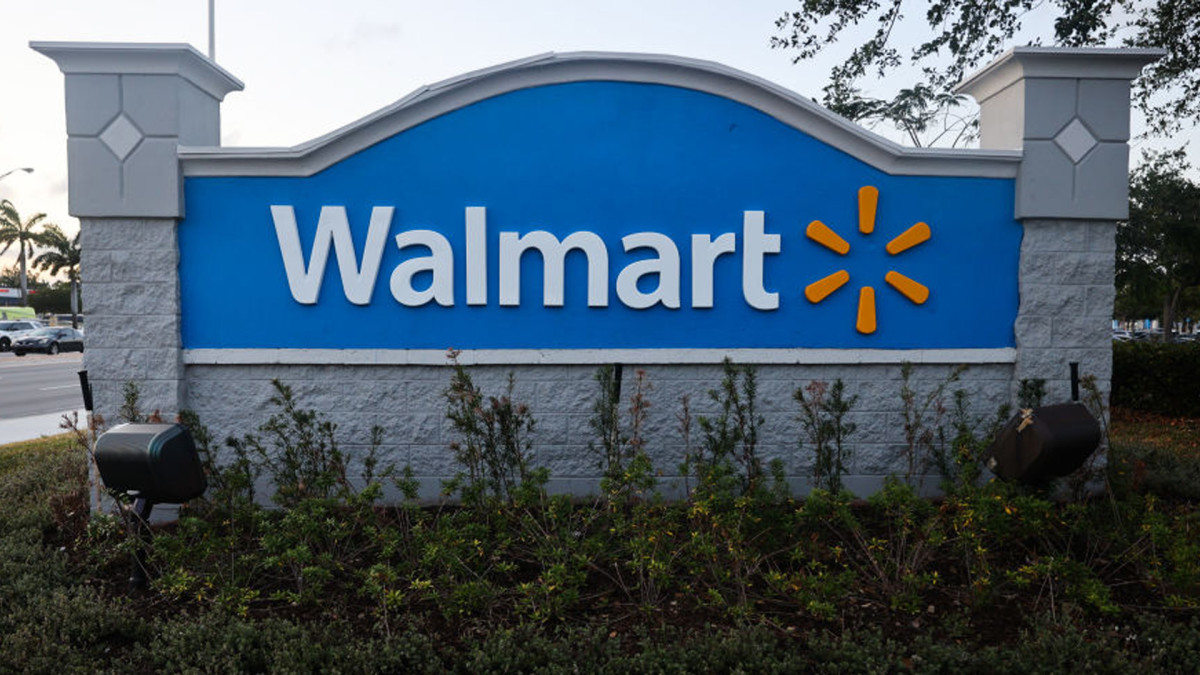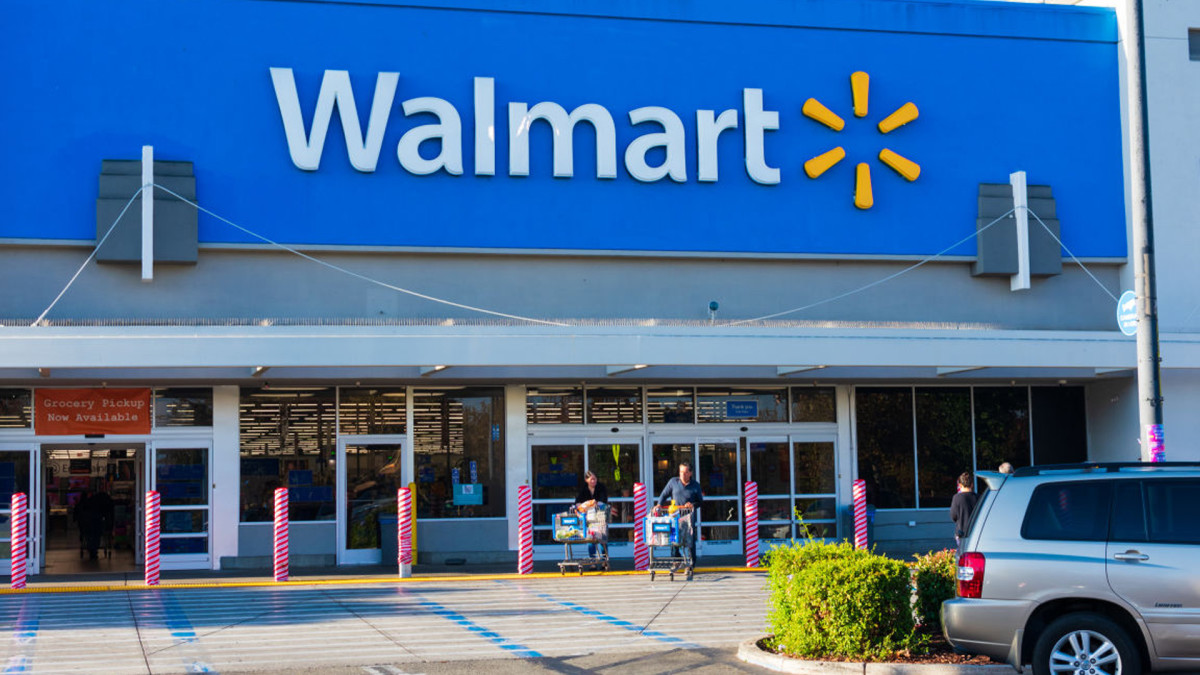Discount retailer makes big change after closing over 1000 stores
The struggling chain is taking a major course adjustment.
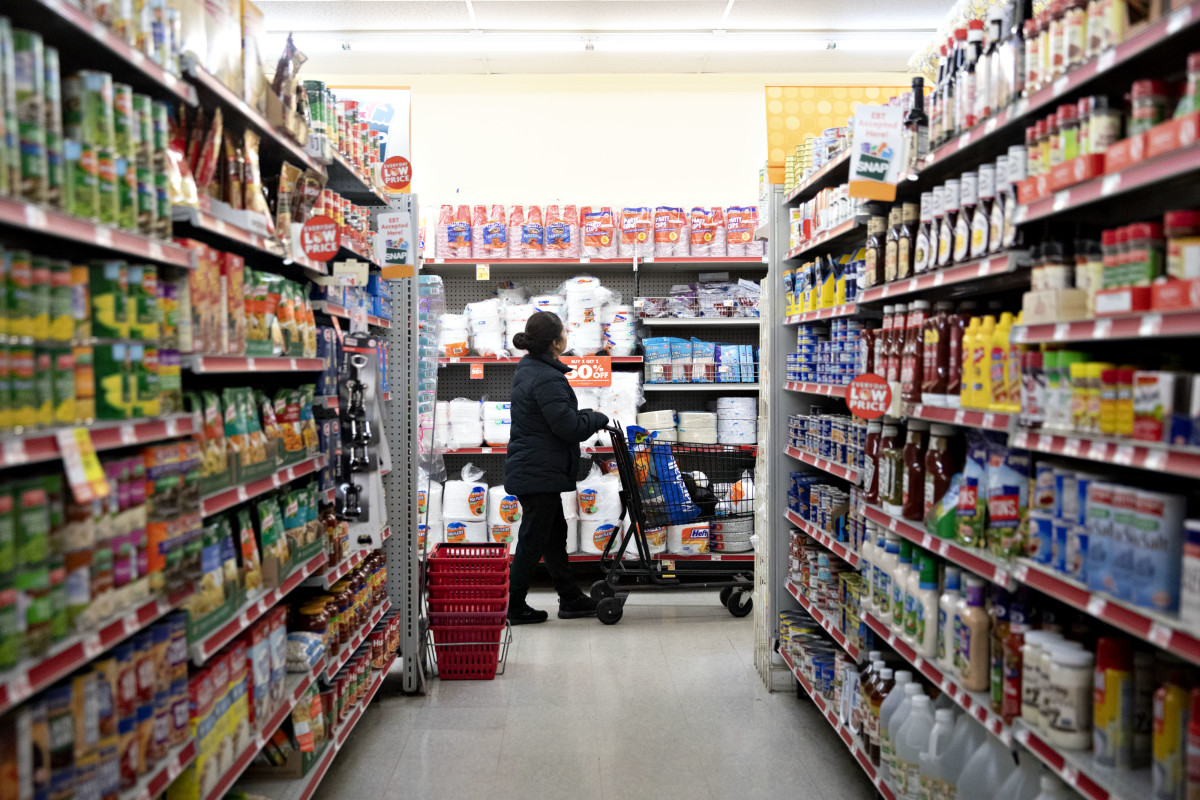
If you looked around at all the shopping centers across the country, you'd probably think we're living in something of a retail golden age.
But the actual situation is a bit more complicated than that.
Related: Popular Mexican chain closing all restaurants, no bankruptcy
It's certainly true that customers now have access to more stores than previous generations.
But behind the scenes, retailers are constantly vying with one another to capture more of our attention (and money) or trying to build out their competitive moats to avoid being beaten out.
And it's a pretty difficult race.
Some massive warehouse retailers, like Costco or Sam's Club, try to draw members in by selling their goods in bulk.
The more inventory they can move, the better it is for business. And these stores keep prices low by buying more upfront, which gives them better negotiating room.
Other retailers, like Target and Walmart, bring customers in by offering exclusive partnerships with hot brands. Consider Target's recent collaborations with popular labels like Lilly Pulitzer and Diane von Furstenberg, both of which were near-instant sellouts. Image source: Scott Olson/Getty Images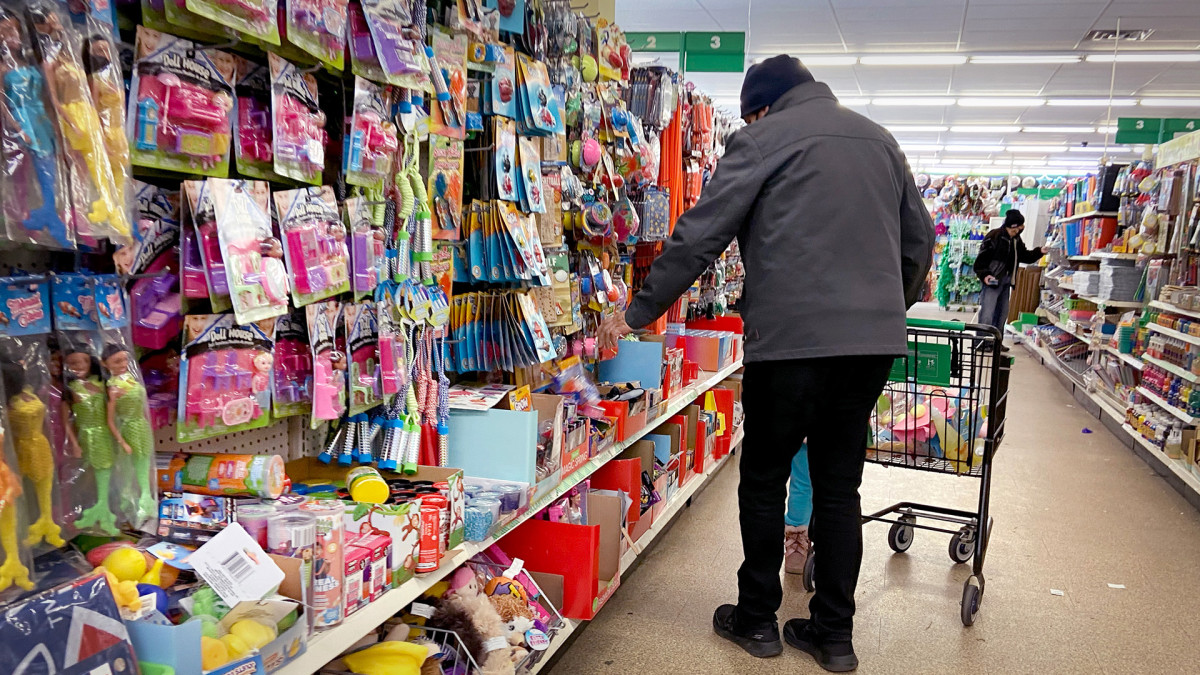
Dollar stores function differently
Discount chains like dollar stores, however, work on a different business model.
These stores, which are typically located in rural or low- to moderate-income neighborhoods, sell smaller amounts of inventory.
Unlike Costco, which sells a lot of bulk goods for a discount, dollar stores simply sell less of a given item, so it seems like customers are getting a discount.
Typically, though, this increases the average cost per unit.
More Retail:
- Home Depot makes drastic budget-friendly move to take on Lowe's
- Popular Trader Joe's wine brand has bad news, making harsh choice
- Struggling retail chain sounds the alarm on growing problem
- Struggling cosmetics brand sounds alarm, laying off thousands
Plus, many dollar stores don't stock loss-leaders the way many grocery stores might, leaving customers with fewer choices and helping to pad profits for stores.
It's not always a winning model, though.
Dollar Tree (DLTR) bought rival Family Dollar in 2015 for $9 billion — a massive acquisition at the time.
In 2025, however, the chain sold off Family Dollar for just $1 billion after struggling with operational difficulties, competition from larger discount retailers, and rising costs.
Family Dollar makes a big change
As leases expire, Family Dollar is closing over 1,000 store locations.
But the discount chain is trying to breathe new life into the stores that remain.
It announced in May that it will partner with Uber Eats (UBER) to offer delivery from approximately 5,000 store locations across the country.
Related: Popular bank closing more locations soon (locations revealed)
Customers can access everything from snacks to household essentials, and Family Dollar hopes this will make its inventory more accessible to folks in need of cheap convenience.
“By partnering with Uber Eats, it’s now even easier to access essentials from the comfort of home,” Family Dollar CMO Bonita Price said of the partnership. “Expanded access at an incredible value goes a long way in helping our customers save time and do more, especially in underserved communities.”








